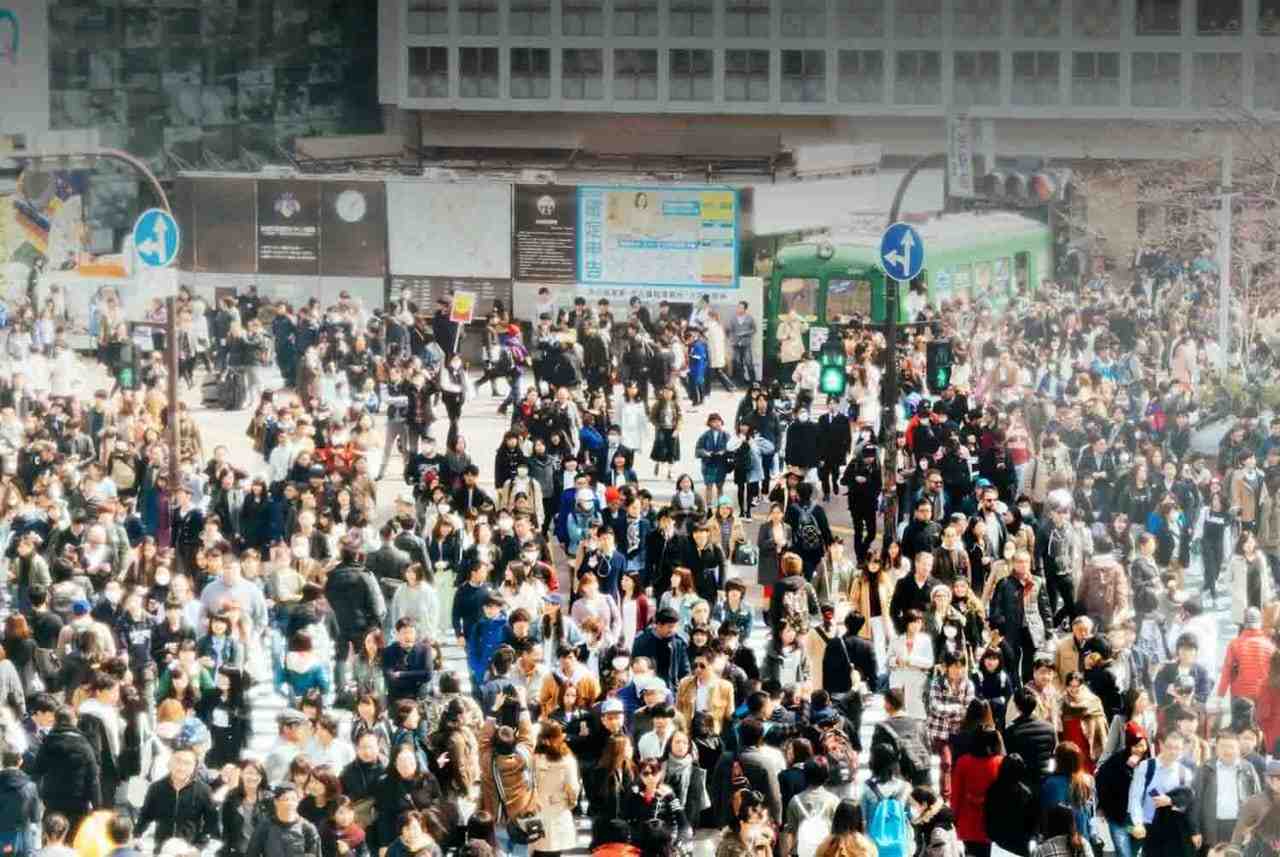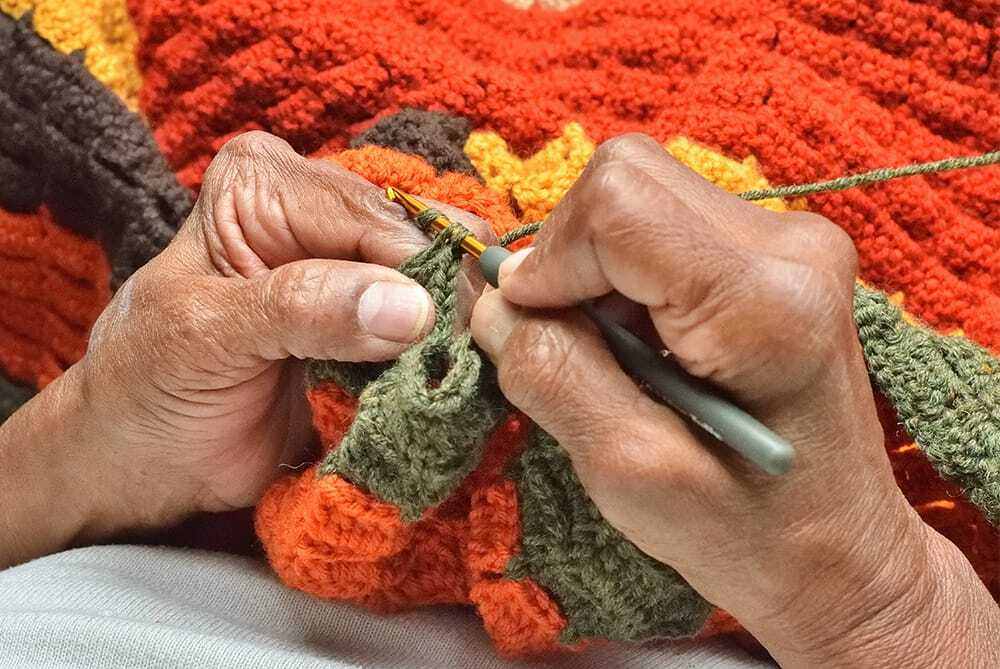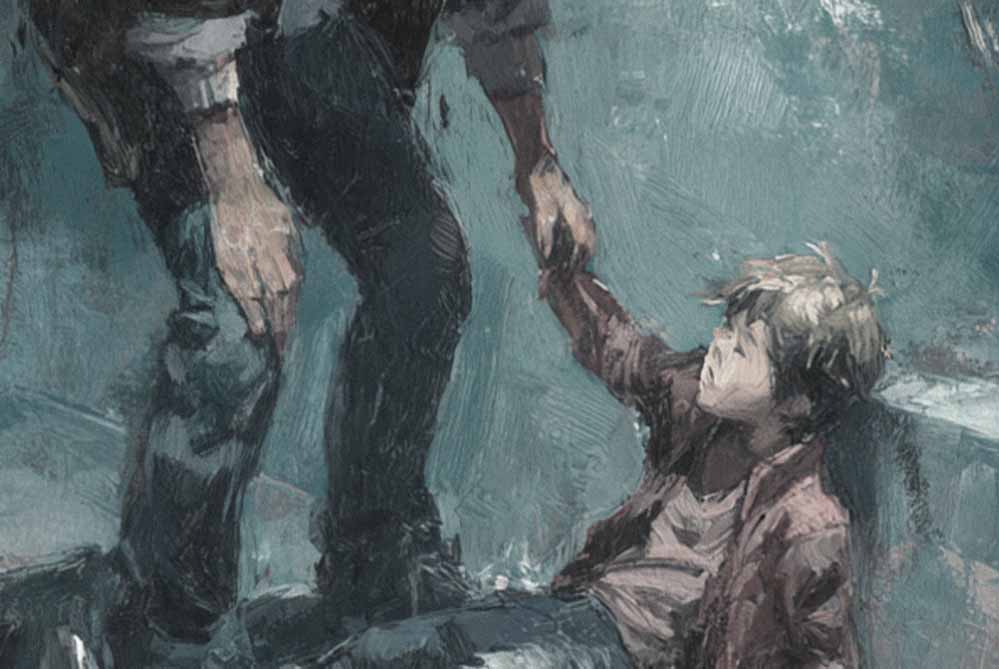Life is often seen as a journey that moves between two poles: light and dark, order and chaos, life and death. But who determines where a person stands? Is suffering a sign of evil, and success a sign of righteousness? In the final part of chapter 18, we are confronted with Bildad’s most horrific depiction of the fate of the wicked. He no longer counsels, but condemns. He no longer discusses, but judges. And in his dark rhetoric, we are confronted with a profound reflection on how fear, death, and emptiness can become a part of human life—not just physically, but spiritually as well.
Job 18:11–21 presents a symbolic portrait of the utter destruction of the wicked. Bildad describes them as being pursued by the terror of the power of death (Job 18:11), their skin and even their bodies eaten up by disease (v. 13), and finally driven from the light into darkness (Job 18:18). They lost everything: their homes, their descendants, even the memory of their existence was obliterated (Job 18:17, 19). In ancient thought, this was not just biological death, but the complete annihilation of all identity and heritage. It is also emphasized that all this happened because they “did not know God” (Job 18:21)—not in the sense of not knowing, but because they did not live in obedience to Him.
The text is full of cosmic metaphors, depicting that even the universe has no place for the wicked, because “their place” is removed from the cosmic order. However, it is important to realize that this is Bildad’s perspective—the view of someone who believed in the theology of absolute retribution, a belief that every human action will be rewarded by God, either rewarded or punished, according to its deeds. In his understanding, Job deserved his calamity because he was considered wicked. But as we see at the end of the book, God rebukes Bildad and his friends for not speaking the truth about Him (Job 42:7).
Bildad's depiction of death symbolizes an inner state of being far from God: living in fear, losing meaning, being cut off from relationships, and alienated from the light of hope. This is not just a threat to those who break the moral law, but a warning about the importance of knowing and walking with God, not only in times of peace, but also in the midst of suffering. This is important for us to remember as we go through our daily pilgrimage.

























